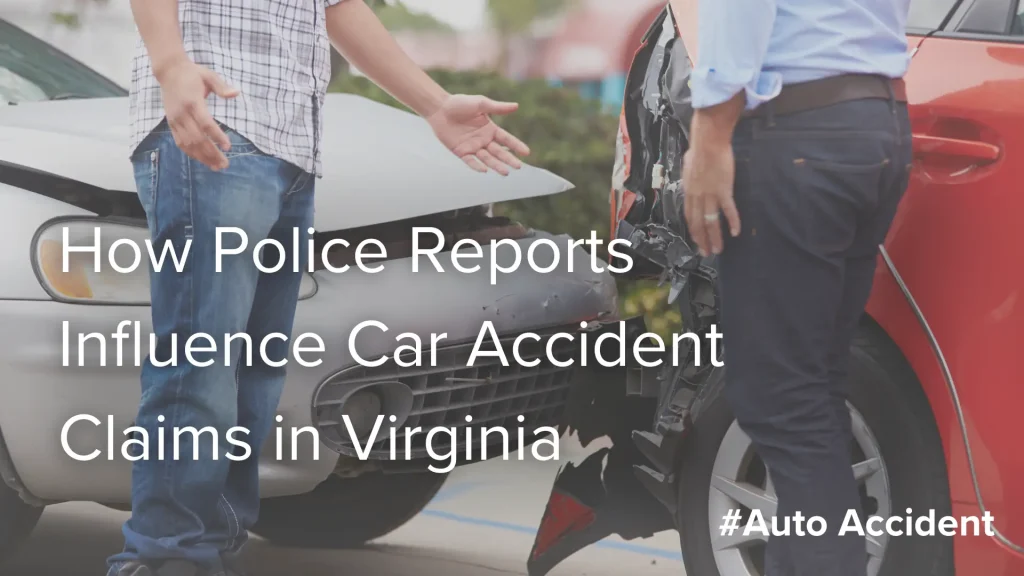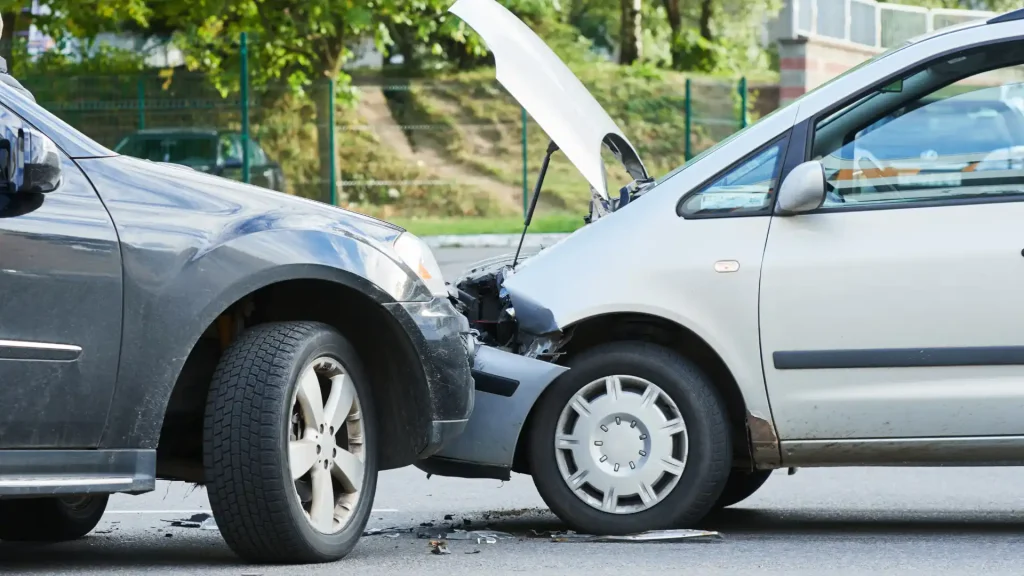Jul 01, 2025 | CHASENBOSCOLO

When a crash happens, everything moves fast. Between injuries, damage, and insurance headaches, many overlook one of the most critical documents in a car accident claim: the accident police report. Whether dealing with relatively minor fender-benders or serious collisions, the police report often plays a significant role in how things unfold. This official record can affect everything from fault determinations to insurance payouts in Virginia. Here is how it all connects.
Why a Police Report Is Important for a Car Accident Claim
The police report is often the first neutral, detailed summary of what happened. Law enforcement officers record facts at the scene – details that can make or break your claim later. The report provides:
- Objectivity – Officers do not have a financial stake in the outcome. That neutrality makes their statements credible.
- Details – A police report usually includes the date, time, location, vehicle damage, road conditions, witness names, and more.
- Statements – After an accident, officers may include comments from drivers, passengers, or witnesses in the police statement.
- Citations or Arrests – If one party is cited or arrested, that can weigh heavily in proving fault in a crash.
Virginia follows a contributory negligence rule. You may not recover property damages if you are 1 percent at fault. That makes a well-documented official report of an auto accident extremely valuable in supporting your version of events. A police report in a car accident claim can serve as key evidence, helping to establish fault, clarify details, and strengthen your case when seeking compensation. A police report in a car accident claim can be one of the most essential pieces of evidence. It provides an objective account of what happened, which can support your version of events and protect your rights.
Please read more about the police report here: How to Read an Accident Report.
What Is Inside a Police Report?
Not all reports look the same, but most follow a general format. Here is what they typically contain:
- Date and time of the crash
- Location details
- Names and contact info of involved parties
- Vehicle descriptions and damage
- Weather and road conditions
- Witness names and statements
- Officer observations and diagrams
- Driver or passenger injuries
- Any citations issued
This information collection becomes critical evidence for later claims requirements in car insurance reports. If anything in the report is wrong, you can request an amendment, but know that it is up to the officer’s discretion.
How to Get a Copy of the Police Report
In Virginia, obtaining a copy of the police report depends on the agency that handled the scene: local police, county sheriff, or Virginia State Police. Here are the steps:
- Contact the Responding Agency – Identify which department responded to your crash.
- Submit an Accident Report Request Form – Each agency may have its version. For example, the Virginia DMV offers an online crash report request form.
- Pay a Small Fee – Most departments charge a nominal fee to process the request.
- Provide Key Details – Include your name, the report number, the date of the accident, and the location.
Reports usually become available in a few days to a week. If you have an attorney, they can request them for you.
How to Use the Police Report in the Claim Process
Filing a claim without a police report is like going to court without evidence. The report often lays the foundation for your case. Here’s how it’s used:
- During the Insurance Review – Adjusters rely on it to decide liability. It may guide their decisions on whether to approve or deny your claim.
- For Negotiations – Your attorney can use specific statements or diagrams in the car crash report for insurance negotiations.
- To Counter Disputes – If the other driver tells a different story, the police report offers a third-party version.
Many insurers request the report number for the car crash or a complete copy before processing. If there is conflicting evidence or vague details, the insurance company may delay or deny the claim, citing insufficient documentation.
Can a Claim Be Denied Without a Police Report?
Yes. In some cases, not having a report can lead to a police report claim denial. Here is why:
- Lack of Proof – Without the accident documentation, you may have trouble supporting your version of events.
- Disputed Liability – If both drivers blame each other, the insurer may not find enough evidence to pay out.
- Policy Rules – Some insurers require a traffic collision report for claims over a certain dollar amount.
While Virginia does not always require you to call the police after every crash, it is wise to do so, especially if there is personal injury, vehicle damage, or uncertainty about who’s at fault.
Please read more about claiming lost wages here: How to Claim Lost Wages from a Car Accident
What if the Police Did Not Show Up?
Sometimes, officers can’t make it to a crash scene – especially during severe weather or high-volume emergencies. If that happens:
- Document Everything – Take photos, exchange information, and get witness contacts.
- File a Self-Report – You can complete a crash report with the local DMV or police agency. It is not as strong as an officer’s report, but it is better than nothing.
- Notify Your Insurance Immediately – Let them know the situation and submit your evidence quickly.
An attorney can help you build a case, even without a formal report, using your documentation and follow-up interviews.
Supporting Your Claim with More than Just the Report
 While the car wreck report is strong evidence, insurers look at the whole picture. You can’t rely on your memory alone. The more you document, the harder it is for an adjuster to poke holes in your claim. To support your claim:
While the car wreck report is strong evidence, insurers look at the whole picture. You can’t rely on your memory alone. The more you document, the harder it is for an adjuster to poke holes in your claim. To support your claim:
- Save all medical services records and bills
- Keep repair estimates and receipts
- Provide photos from the scene
- Write down everything you remember
- Stay off social media
Talk to a Fairfax Car Accident Lawyer
If you have been in a crash in Fairfax or the surrounding area, a police report can make or break your case. But it is only one part of the puzzle. At CHASENBOSCOLO, our team knows how to use every detail – from the police report contents to eyewitness accounts – to build strong auto accident cases in Virginia for injured clients. We have spent decades helping people protect their rights and hold others accountable. We are ready to guide you through the car accident claim process. Don’t wait for the insurance company to make the first move. Our team is here to help you understand your rights and take the first step toward securing the necessary benefits. Let’s get ahead of it together. Contact us today through our contact form or call (301) 220-0050 to talk with an experienced attorney.
Related Post
When a Car Accident Claim Exceeds Insurance Limits
Do Insurance Companies Deny Claims for Pre-Existing Conditions?





